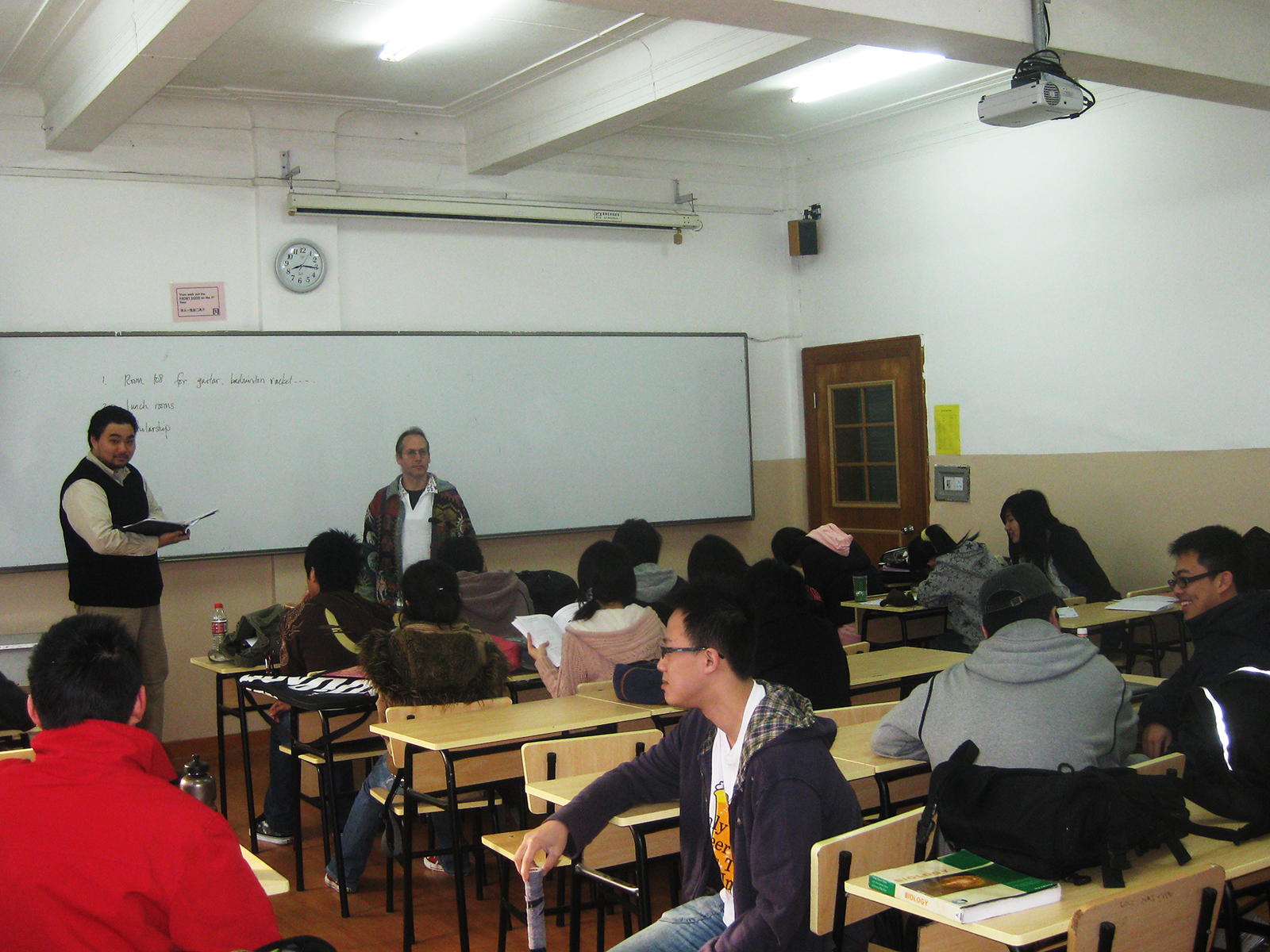
The University of California Office of the President (UCOP) announced on Oct. 21 that it will begin a collaboration called the “All In” campaign with the Western Region of the College Board to encourage low-income and minority students to enroll in Advanced Placement (AP) courses.
David Coleman, the president of the College Board, said in a press release that his goal is to “dramatically increase the number of African American, Latino and Native American students with AP potential who enroll in AP classes.”
The UC is implementing this program via the Early Academic Outreach Program (EAOP), which is aimed toward underserved schools to aid their students into higher education. The EAOP will have access to statistics from the PSAT and will work with the College Board to persuade low-income, black, Latino and American Indian high school students to enroll in AP classes and take the SAT.
The PSAT functions as an assessment of a student’s critical reading, mathematics and writing skills. Scores from the PSAT are used by the College Board to determine potential for high achievement in AP courses. Under this new program, the University of California will have the ability to share this list of high-achieving potential AP students with high schools and provide the high school the resources to target the students in underrepresented demographics.
According to statistics from College Board, over a 10-year period the percentage of African American and Native American students who are taking at least one AP exam has doubled since 2003. Despite this change, the AP exam registration rate for both groups still falls under 30 percent, compared to both white and Asian American students who rank at 31 percent and 60 percent respectively.
Emily Engelschall, the UCR director for undergraduate admissions, believes that AP classes are a great way to become prepared before college. “It is important that students take advantage of every opportunity they have at their schools to ensure they are best prepared to make themselves competitively eligible for admission at the University of California and best prepared to be successful once they get here. That can mean a variety of things, from taking advantage of AP or IB coursework offered at their school.”
AP exams are considered to be beneficial for students who are interested in going to college and several states help subsidize the costs of the exams taken. The fee for each AP exam in 2015 is $82 and for each AP exam taken by students from low-income families, the College Board provides a $29 fee reduction per exam.
This past year over $10.7 million was granted by the U.S. Department of Education to subsidize the cost of AP exams for low-income students. The goal is to limit the financial impact on potential AP students and to allow the same opportunities for students of all backgrounds.
Engelschall added, “I think some students self-select out of applying to the University of California because an assumption is made that they can’t afford to attend.”
Kevin Corvacho, a third-year biochemistry major expressed his opinions about taking AP classes in high school. “Taking (AP) courses helped me to consider the possibility of going to a UC,” he said.








